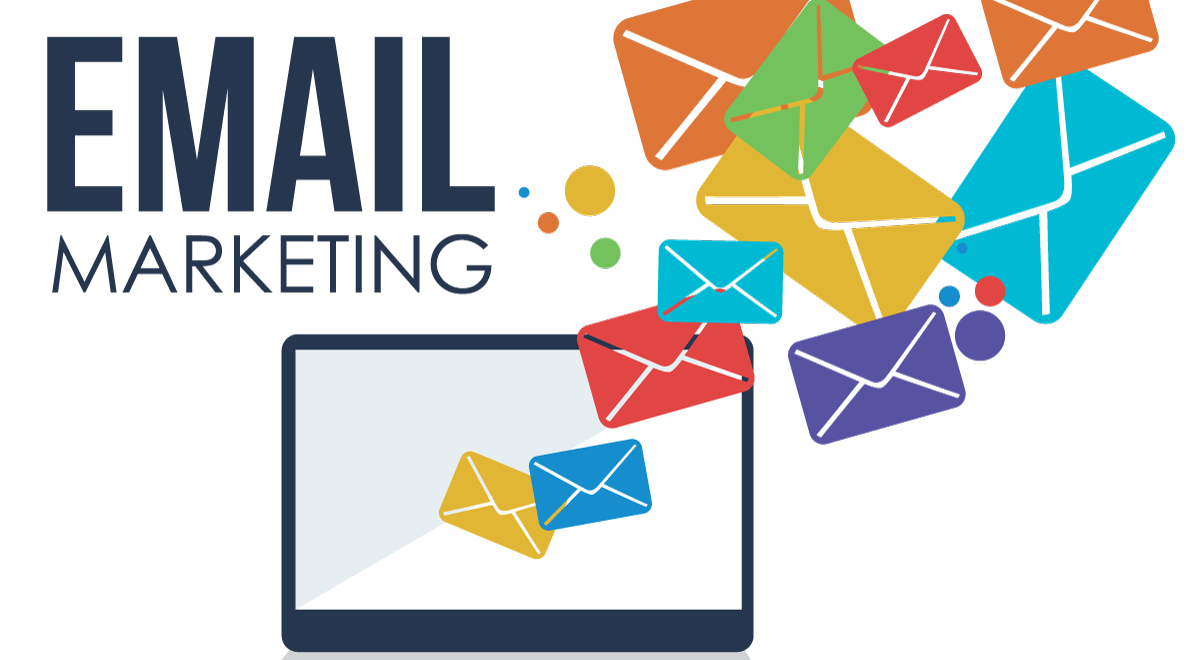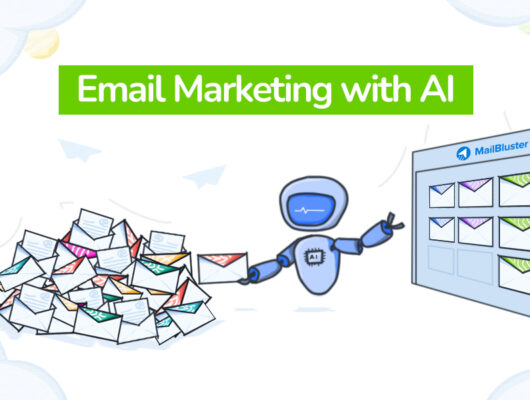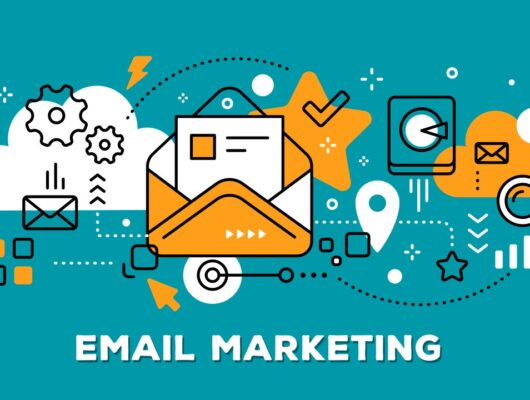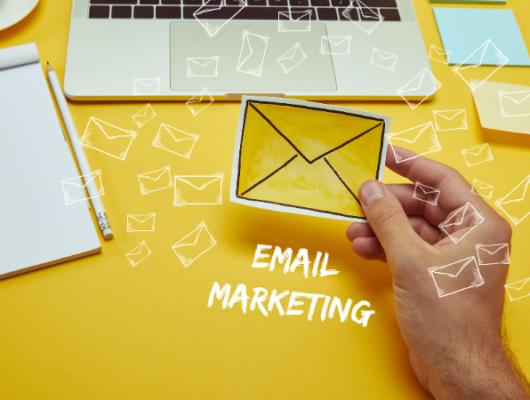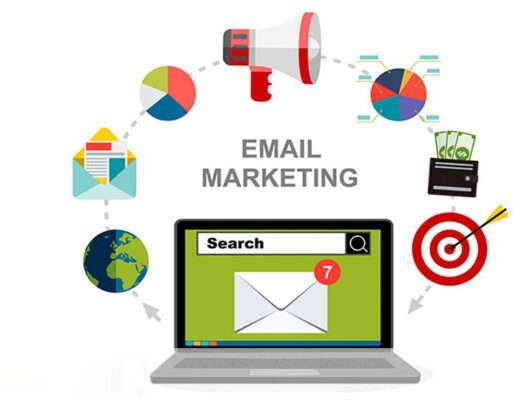Email marketing remains a critical component of digital marketing strategies for its direct approach and measurable results.
Effective email marketing campaigns deliver personalized messages directly to interested parties, nurturing leads and building strong customer relationships.
This article outlines key strategies to enhance the effectiveness of your email marketing efforts.
Understanding Email Marketing
What Makes Email Marketing Effective?
Email marketing offers a direct line of communication to your customer base, allowing for personalized content that can be tailored to user behavior and preferences. The effectiveness of email marketing is measurable through various metrics, including open rates, click-through rates, and conversion rates, enabling businesses to optimize their strategies based on data-driven insights.
Strategies for Effective Email Marketing
1. Segment Your Audience
Segmentation is dividing your email list into smaller, more targeted groups based on specific criteria, such as demographics, purchase history, or engagement level. This approach allows for more personalized and relevant email content, which can significantly improve engagement rates.
2. Personalize Your Messages
Beyond just using the recipient’s name, personalize content based on the data you’ve collected from your audience. Tailored messages resonate more with recipients, making them feel valued and understood, which can lead to higher engagement and conversion rates.
3. Craft Compelling Content
The content of your emails should be engaging and provide value to the recipient. Whether it’s informative content, an exclusive offer, or an engaging story, compelling content drives interest and interaction.
4. Optimize Email Design
Ensure that your emails are visually appealing and easy to navigate. Use a responsive design that adapts to different devices, particularly mobiles, as a significant number of users access their emails on mobile devices. A clean, professional layout with easy-to-read fonts and appropriate images enhances user experience and engagement.
5. Test and Optimize
Utilize A/B testing to experiment with different elements of your emails, such as subject lines, email content, and calls to action. This testing can reveal what resonates best with your audience, allowing you to optimize future campaigns for better performance.
6. Use Automation Smartly
Email automation can save time and increase efficiency by sending timely and relevant emails to individuals based on triggered events. For example, welcome emails, birthday offers, and shopping cart abandonment emails can be automated to ensure prompt communication.
7. Regularly Clean Your Email List
Maintaining a clean email list ensures that your messages are being sent to people who are genuinely interested in your brand. Regularly remove inactive subscribers and those who have opted out to improve your deliverability and open rates.
8. Comply with Email Marketing Laws
Ensure that your email marketing practices comply with relevant laws and regulations such as GDPR, CAN-SPAM, or CASL. These regulations protect consumers’ privacy and set guidelines for sending commercial emails.
Conclusion
Effective email marketing involves understanding your audience, delivering personalized and compelling content, and continuously optimizing your strategies based on performance metrics.
By implementing these strategies, businesses can create impactful email marketing campaigns that drive engagement, build relationships, and boost sales.


